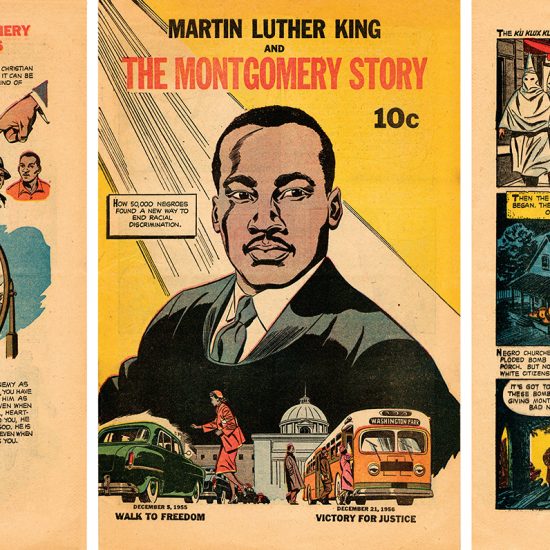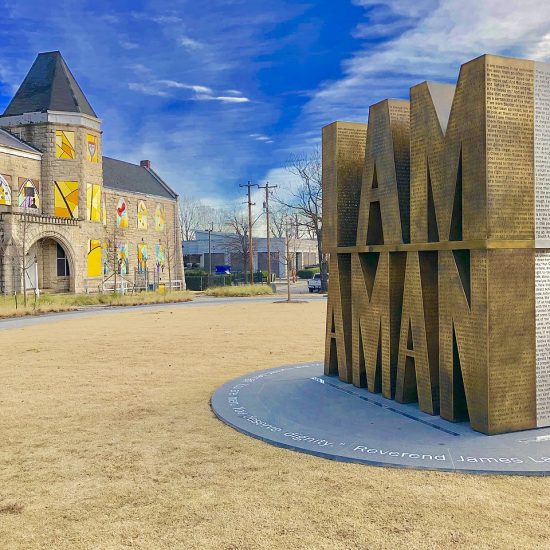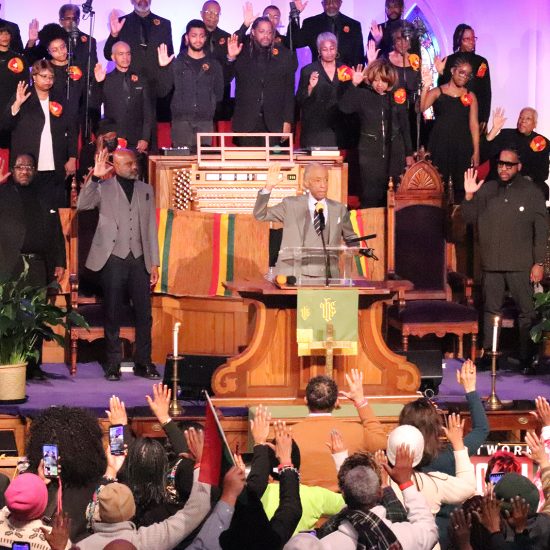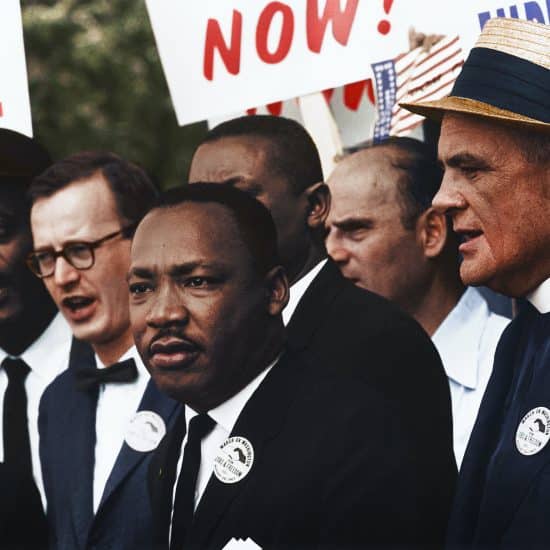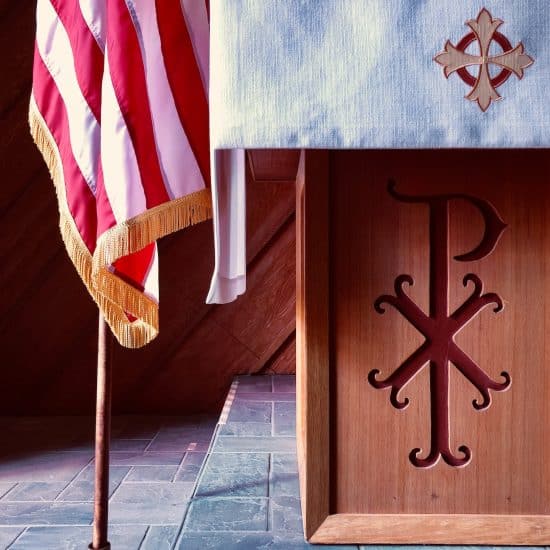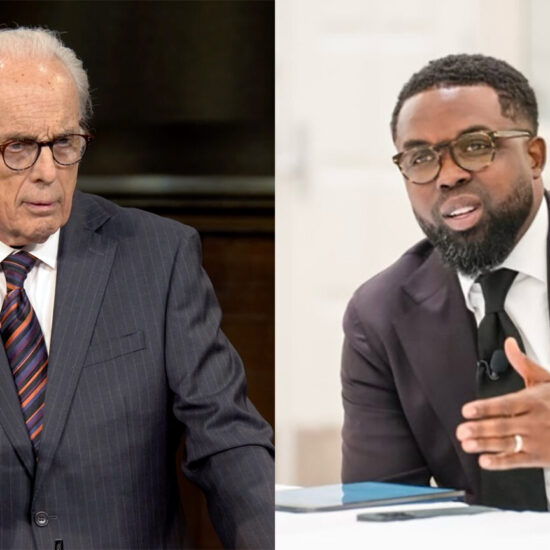
Brian Kaylor
As of press time, the U.S. government was reopening after the longest shutdown ever. Although I don’t work for the government, I was surprised how many times the shutdown impacted me.
We couldn’t get a camping reservation for a family trip this summer since the National Park Service was hit by the shutdown. In fact, many of the parks were closed the whole time and some others later shut down due to flooding toilets and damage to trees or other natural resources. Apparently, we need rangers to keep us from acting like animals!
While researching a story for a future issue of Word&Way, I came across two different government websites looking for data and, like at the NPS site, found a message on the top of the websites noting that no updates or maintenance for the sites would occur during the shutdown. I think I found what I needed, but the nerd in me had nightmares about what information wasn’t being updated.
During a recent flight for the North American Baptist Fellowship meeting in Orlando, Fla., I faced longer security lines was TSA is understaffed — but fortunately I didn’t go places making news for having extra hours of waiting. I know it didn’t matter much when they’re missing paychecks while bills keep showing up in the mail, but I thanked every TSA agent I passed and even told one to cut in front of me in the Starbucks line (those employees were still getting paid and that line moved quickly).
The longer the political impasse continued, the more we would have felt the consequences. Travel would get even worse. People needing food stamps would be hurt. IRS tax refunds would be delayed. And unpaid federal employees would show up in greater numbers at our food pantries.
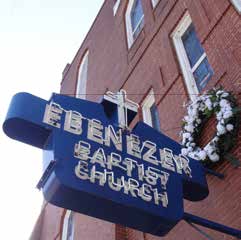
Ebenezer Baptist Church in Atlanta, Ga.
During a previous shutdown several years ago, an event at the White House on religious liberty that I had been invited to was canceled — as if I needed another reason to be upset at our politicians! I’ve wondered about other potential missed opportunities while reading the news.
One of the NPS sites closed by the shutdown was the Martin Luther King Jr. National Historical Park in Atlanta, Ga. That park includes the burial site of MLK and his wife, Coretta. It also includes his birthhome, the Martin Luther King Jr. Center for Nonviolent Social Change and the historic Ebenezer Baptist Church building (the church today has a much larger building across the street).
Last April, on the day after the 50th anniversary of his assassination, I visited the holy ground of old Ebenezer Baptist Church where King served as co-pastor with his father and where his funeral was held. On that pilgrimage, I sat in the sanctuary as King’s voice poured out of the speakers with his last sermon from the night before his assassination.
While meditating there, I thanked God for this Baptist prophet. And I prayed we would see more like him who yearn, like Amos, to see that “justice rolls down like water and righteousness like a mighty stream.” Reflecting back, I still feel the awe of sitting in that holy space.
But many visitors to Atlanta during the shutdown found the door locked. And it would have even been closed on MLK Day in January had Delta Airlines not paid to reopen the park. And without a reopened government, the site would have been closed during Black History Month. That seems particularly inappropriate.
I recognize that no one in Washington shut down the government in order to lock Ebenezer Baptist Church and the rest of the MLK Park. Yet, had that unintended consequence occurred eight months earlier, I would have missed a powerful spiritual moment.
And that worries me. Do we consider how our actions may shut down opportunities for others to experience God? Paul warned us in 1 Corinthians 8 to be careful not to cause other believers to stumble. But what if we don’t even realize we’re doing it?
Imagine if our politics or our church traditions or our way of living keeps others from experiencing God. And what would it look like to pay attention so we notice our neighbors when we impact them?

